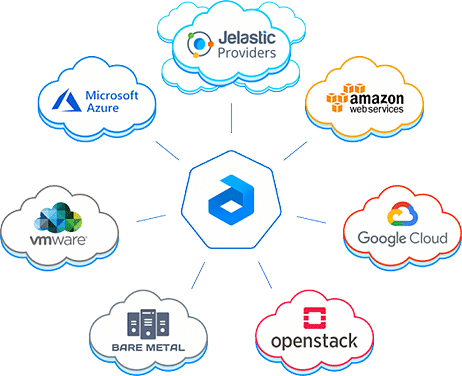
Leveraging Linux Support for Peak Performance
In the realm of operating systems, Linux stands out as a powerhouse, driving the infrastructure of countless enterprises. To harness the full potential of Linux, businesses must go beyond mere implementation; they need to leverage Linux support for peak performance.
In a landscape where efficiency and reliability are paramount, strategic support plays a pivotal role in maximizing the benefits of this open-source juggernaut.

1. Optimization for Specific Workloads:
Linux is renowned for its adaptability, making it a versatile choice for various workloads. However, achieving peak performance requires tailoring the Linux environment to specific business needs. A dedicated support team can optimize configurations, kernel settings, and resource allocations to ensure that Linux is finely tuned for the demands of your particular workloads, whether they involve data processing, web hosting, or complex computations.
2. Proactive Monitoring and Maintenance:
Maintaining peak performance is not a one-time task; it’s an ongoing process. Linux support services excel at proactive monitoring, continuously tracking system metrics, and identifying potential bottlenecks before they impact performance. Regular maintenance, including updates, patches, and system tuning, ensures that your Linux environment remains at the pinnacle of efficiency.
3. Rapid Issue Resolution:
In the dynamic world of technology, issues can arise unexpectedly. A robust Linux support team provides a rapid response to incidents, minimizing downtime and ensuring that performance glitches are swiftly addressed. Whether it’s a software bug, a configuration issue, or a hardware problem, timely resolution is key to sustaining peak performance.
4. Scaling Resources Dynamically:
As businesses grow, so do their computational needs. Linux support services enable dynamic scaling of resources to accommodate increasing workloads. Whether it’s scaling up during periods of high demand or scaling down to optimize resource usage, a well-managed Linux environment can seamlessly adapt to the evolving requirements of your business.
5. Security Measures for Performance Assurance:
Security is intrinsic to performance. A compromised system can experience degradation in speed and efficiency. Linux support teams are instrumental in implementing robust security measures, safeguarding against potential threats that could impact performance. Regular security audits, timely application of patches, and the implementation of best practices contribute to a secure Linux environment that performs optimally.
6. Customization for Efficiency:
Off-the-shelf solutions might not fully align with the unique requirements of your business. Linux, being open-source, allows for extensive customization. A proficient support team can tailor your Linux environment to extract maximum efficiency, ensuring that each component works in harmony with your business processes.
7. 24/7 Support for Uninterrupted Performance:
Peak performance doesn’t adhere to a 9-to-5 schedule. Critical issues can occur at any time. 24/7 Linux support guarantees that assistance is available round the clock, assuring uninterrupted performance even during off-hours or across different time zones.
In conclusion, leveraging Linux support for peak performance is not just a reactive measure; it’s a proactive strategy that aligns your Linux environment with the specific needs of your business. From customization and optimization to security and rapid issue resolution, a robust support system ensures that your Linux infrastructure operates at its absolute best, propelling your business toward success in the digital age.
STAY IN THE LOOP





